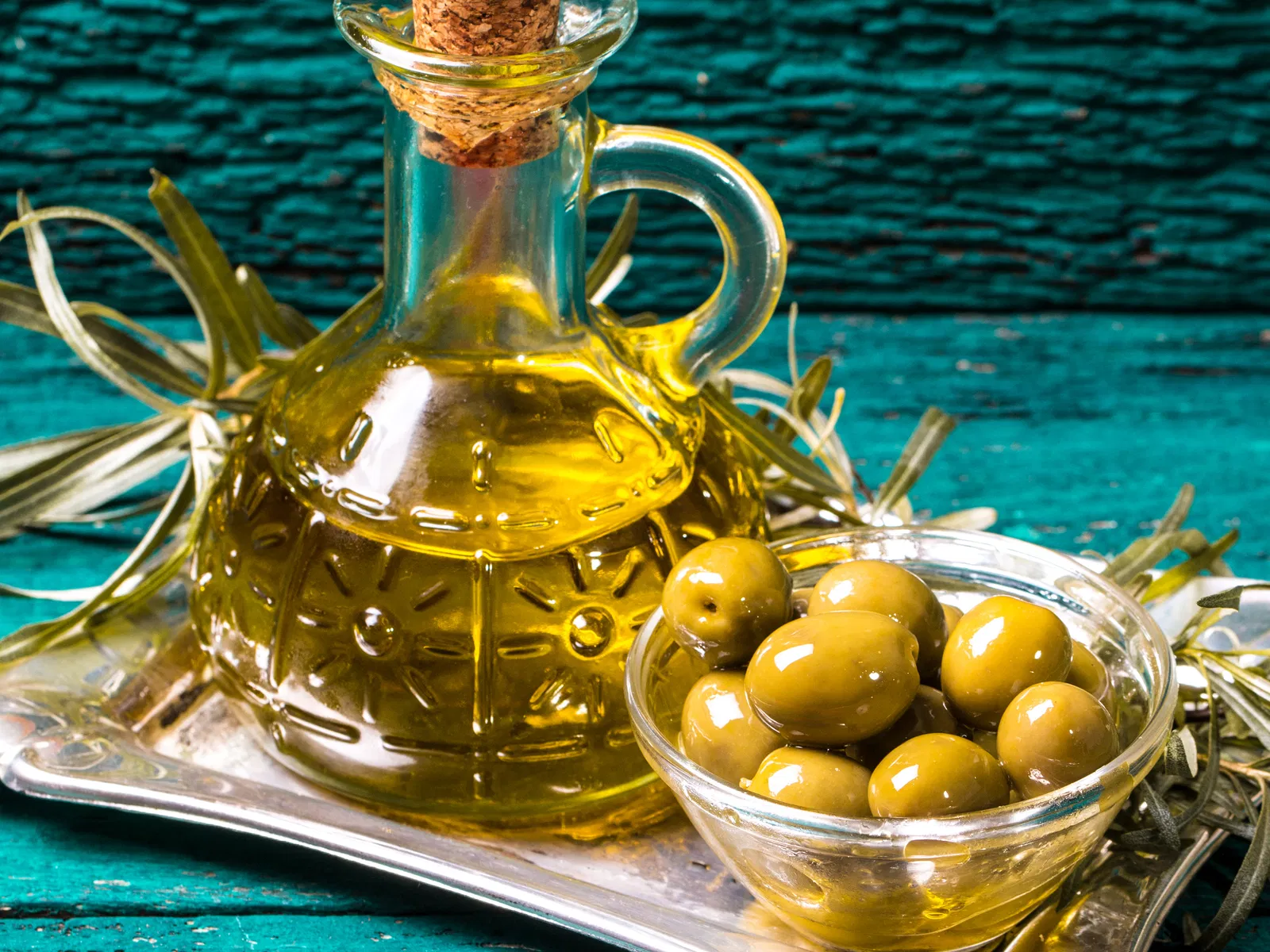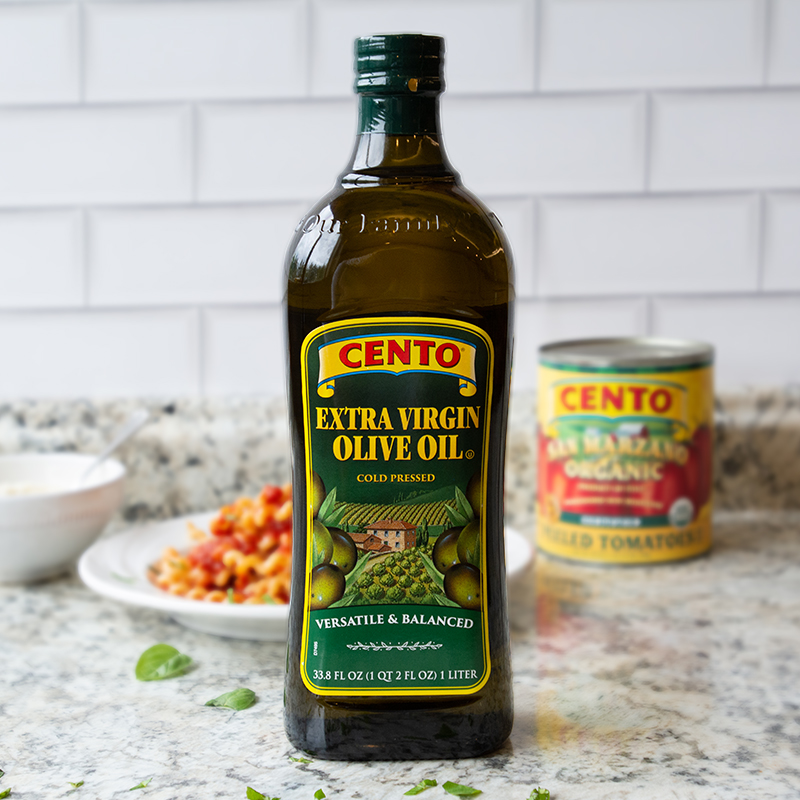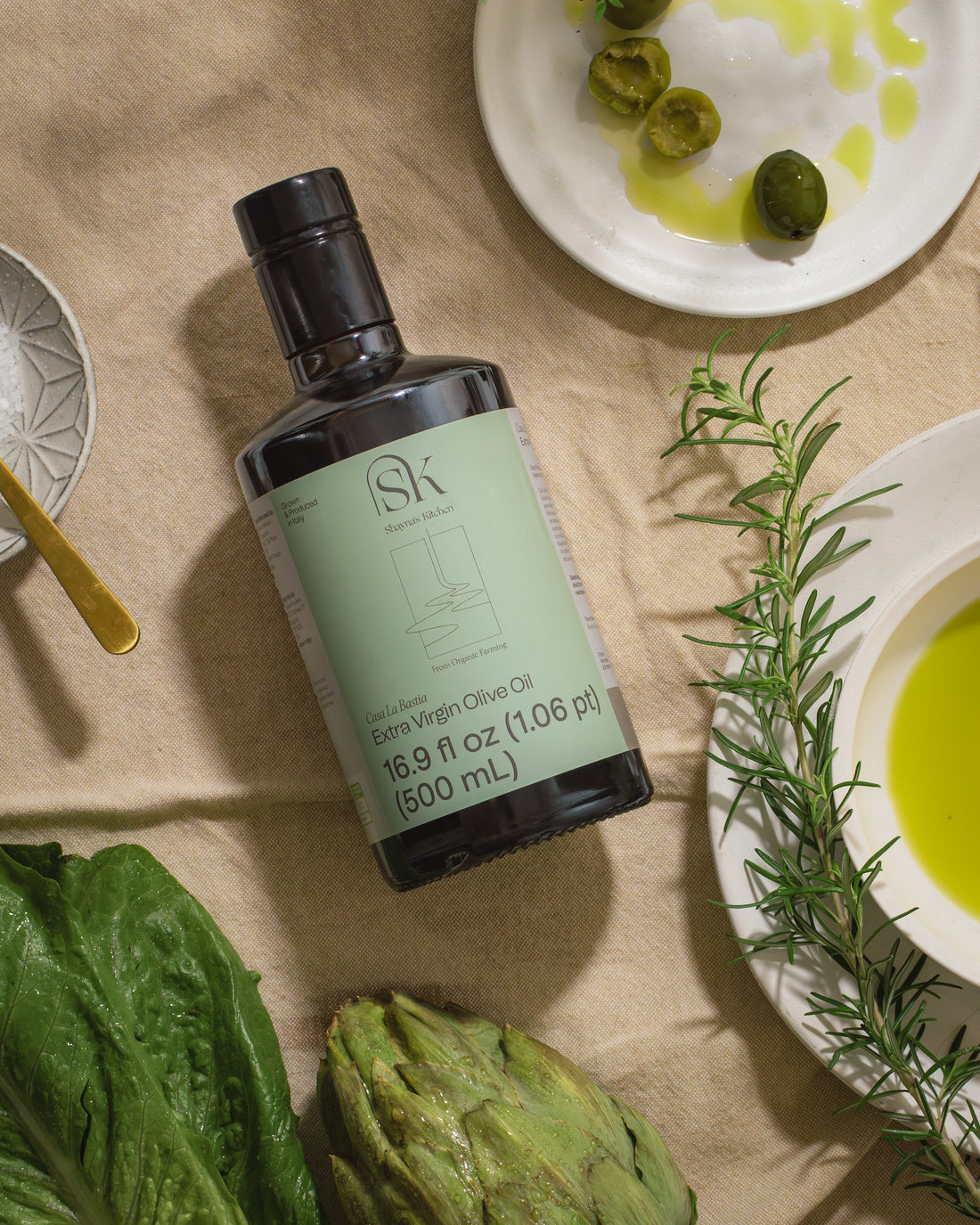Exploring the Extra Virgin Olive Oil Benefits for Reducing Blood Pressure
Exploring the Extra Virgin Olive Oil Benefits for Reducing Blood Pressure
Blog Article
Discovering the Different Kinds Of Olive Oil and Their Usages, Consisting Of Bonus Virgin Olive Oil
The expedition of olive oil encompasses a varied range of types, each offering distinctive flavors and culinary applications. Bonus virgin olive oil, renowned for its superior top quality and health and wellness advantages, offers as a staple in numerous cooking areas, yet it is just one element of this multifaceted component.
What Is Olive Oil?
Derived from the fruit of the olive tree, olive oil is a staple in Mediterranean cuisine and a crucial active ingredient in various culinary applications. This flexible oil is generated by pressing whole olives, causing a fluid that varies in color, taste, and scent depending upon the kind of olives utilized, the area of farming, and the removal process. Olive oil is mainly made up of monounsaturated fats, especially oleic acid, which is understood for its prospective wellness advantages, including anti-inflammatory homes and cardio support.
Along with its cooking uses, olive oil has a long background of application in typical medicine and skincare, owing to its rich antioxidant content (extra virgin olive oil benefits). The oil is typically utilized in dressings, marinades, and for cooking techniques such as sautéing and roasting. Its unique flavor profile can enhance the preference of numerous meals, making it an essential ingredient for both home chefs and specialist cooks
Moreover, olive oil is celebrated for its function in the Mediterranean diet, which is associated with numerous health advantages. As recognition of these advantages grows, olive oil remains to obtain appeal worldwide as an essential component of a healthy and balanced way of living.
Kinds Of Olive Oil
Understanding the different sorts of olive oil is crucial for both cooking enthusiasts and health-conscious customers. Olive oil is classified mostly based on its removal method and quality, which considerably impacts its aroma, taste, and health benefits.

Light olive oil, regardless of its name, describes a lighter flavor and not lower calories. It is suitable for those seeking an extra subtle taste in dressings and marinades. In addition, there are flavored olive oils instilled with herbs, flavors, or citrus, which can boost meals without the demand for added flavoring.
Each sort of olive oil serves specific cooking functions, and comprehending these distinctions allows customers to make educated choices that straighten with their cooking styles and health and wellness goals.
Extra Virgin Olive Oil
Bonus virgin olive oil (EVOO) is commonly regarded as the best olive oil available, renowned for its rich flavor and countless health and wellness advantages. To be categorized as added virgin, the oil needs to be produced from fresh olives utilizing mechanical processes, without making use of solvents or excessive warm. This meticulous technique preserves the oil's natural tastes, antioxidants, and healthy and balanced fats, resulting in an item with a low acidity degree of less than 0.8%.
EVOO is plentiful in monounsaturated fats, especially oleic acid, which is linked to minimized swelling and improved heart Discover More Here wellness. It likewise contains polyphenols, powerful anti-oxidants that may provide safety effects against persistent diseases. The flavor account of EVOO can differ substantially depending on the olive selection and region of production, varying from fruity and grassy to durable and sharp.

Culinary Use Olive Oil

In food preparation, olive oil can be made use of for sautéing, toasting, and cooking, giving a much healthier option to butter or other fats. Its high smoke point makes it suitable for different cooking approaches, while its anti-oxidants add to a heart-healthy diet. Drizzling olive oil over finished recipes, such as pasta, fish, or smoked veggies, can raise tastes and include a touch of sophistication.
Additionally, olive oil plays a considerable function in baking, where it can change standard fats in recipes for bread and pastries, passing on wetness and a subtle preference. It likewise acts as a base for instilled oils, enabling chefs to experiment with tastes such as garlic, herbs, or chili, even more broadening its culinary capacity. Generally, olive oil's adaptability makes it indispensable in both home and professional cooking areas.
Finding High Quality Olive Oil
When selecting top quality olive oil, it's necessary to think about numerous crucial elements that affect the product's scent, check this wellness, and flavor benefits. Primarily, go with added virgin olive oil (EVOO), which is stemmed from the very first cold pressing of olives and has the highest degree of antioxidants and valuable compounds. Search for oils that are licensed by recognized organizations, as this usually guarantees adherence to rigid top quality standards.
The packaging likewise plays a substantial role in preserving the oil's stability. Pick oils saved in dark glass bottles or tins to protect against light deterioration. Focus on the harvest day; fresher oils supply remarkable taste and dietary worth, so select products that are within 18 months of their harvest.
Furthermore, think about the origin of the oil. Top notch olive oils usually originate from certain areas understood for their unique taste profiles, such as Italian, Spanish, or Greek oils. Be mindful of the preference; an excellent top quality olive oil must have an equilibrium of fruity, bitter, and sharp notes, suggesting its richness and complexity. By evaluating these factors, you can guarantee you are picking the very best olive oil for your cooking requirements.
Conclusion
In summary, the expedition of various kinds of olive oil reveals distinctive qualities and applications, with added virgin olive oil representing the peak of quality due to its low level of acidity and high antioxidant material. Recognizing the different selections of olive oil allows for notified selections in cooking approaches, promoting healthier techniques while enhancing the overall gastronomic experience.
Acquired from the fruit of the olive tree, olive oil is a staple in Mediterranean cuisine and an essential component in numerous cooking applications.The most typical kinds of olive oil consist of refined olive oil, pure olive oil, and light olive oil.Additional virgin olive oil (EVOO) is extensively concerned as the greatest top quality olive oil available, renowned for its abundant flavor and various health and wellness advantages. Opt for extra virgin olive oil (EVOO), which is obtained from the initial cold pressing of olives and consists of the highest possible levels of antioxidants and useful substances.In recap, the expedition of various types of olive oil reveals unique attributes and applications, with added virgin olive oil standing for the peak of quality due to its low acidity and high antioxidant content.
Report this page